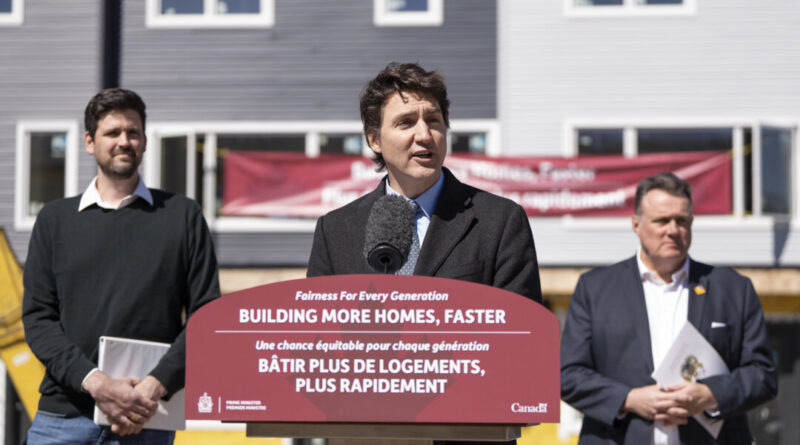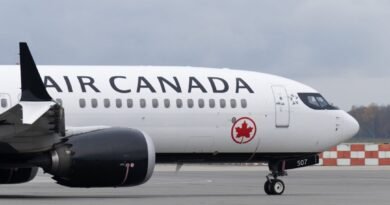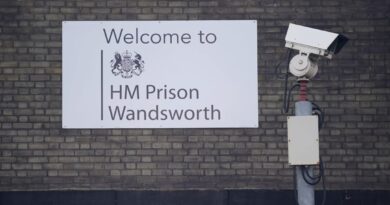Premiers of Ontario and Saskatchewan Push for National Meeting to Discuss Carbon Tax
Two more premiers are urging Prime Minister Justin Trudeau to convene a First Ministers’ meeting to discuss the carbon tax.
Saskatchewan Premier Scott Moe and Ontario Premier Doug Ford sent letters on April 5 requesting a meeting. The premiers of Alberta, Newfoundland, and New Brunswick have already done so.
Saskatchewan ceased collecting the carbon tax on home heating starting January 1 in protest of the federal decision to exempt home heating oil. The exemption primarily benefits Atlantic Canada. Mr. Moe’s suggestion last fall to extend the exemption to include natural gas and other commonly used forms of home heating was rejected by the prime minister.
“These amendments by the federal government providing only some Canadians affordability relief have created unacceptable disparities between households based on where they live,” Mr. Moe’s letter stated.
Ontario Premier Doug Ford remarked that the carbon tax is escalating the cost of living.
Mr. Ford warned earlier this week that if Mr. Trudeau does not reconsider carbon tax hikes, he will lose the next federal election, scheduled to take place by fall 2025.
Mr. Trudeau seemed to dismiss the idea of a meeting at a news conference in Calgary on April 5.
When asked directly by a reporter if he would hold a meeting, he proceeded to tout the carbon tax as a method of addressing climate change while benefiting eight out of 10 Canadians financially.
“And there are great opportunities for businesses and innovators and Canadians that are a part of solving the challenges that a net zero world is going to require,” Mr. Trudeau stated. “But we have to take action. So we put a price on pollution everywhere across the country that is designed to put more money back in the pockets of hardworking Canadians.”
Asked again if he would have a meeting, the prime minister mentioned that the country’s premiers had already met on the topic, years ago.
“We had a meeting on carbon pricing,” said Mr. Trudeau, referring to meetings in 2016. “And every single premier came together to work on establishing a pan-Canadian framework on climate change years ago, and part of it was that there would be a federal backstop to make sure that pollution wasn’t free anywhere across the country.”
Mr. Trudeau also referenced a video of Alberta Premier Danielle Smith from three years ago, where she appeared to support the federal carbon tax before becoming premier.
However, Ms. Smith clarified on April 5 that she made the comments when the federal carbon tax was much lower.
“He has to point to a comment I made three years ago, which clearly shows he can’t defend his current position,” Ms. Smith explained. “You have to recall a few years ago they had also promised that the carbon tax would be no higher than $50 per tonne. It was also prior to having emissions caps, methane caps, net zero power grids, phasing out [gasoline powered] cars … he’s continued to add more costs over the last few years, which has completely changed the calculus. And now we are at $80 per tonne, on the way to $170 per tonne,” she said.
Ms. Smith highlighted that even the Parliamentary Budget Officer has stated that for most families, the tax will cost more than what they receive in rebates.
She also noted that businesses do not receive rebates.
“All of those costs end up being passed down in the prices of the goods people purchase, and that’s the reason why we continue to face an inflation crisis,” she stated. “What he’s doing is not affordable, and people across various provinces and political parties are making it known. It’s 70 percent of Canadians saying it.”





